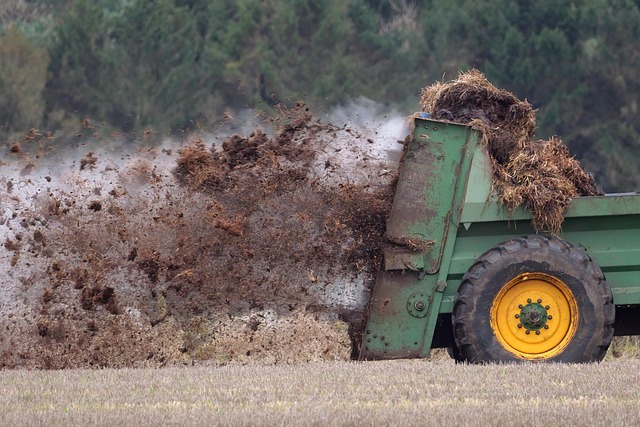Desertification is one of the most pressing challenges that our planet faces in the age of climate change. As vast areas turn into arid wastelands, the struggle for fertile land amplifies, impacting food security, local economies, and ecosystems. However, amidst this stark reality lies a natural and sustainable solution: manure. The humble byproduct of livestock can play a pivotal role in restoring the balance of our degraded landscapes.
The richness of manure is often overlooked. Composed of organic matter, nutrients, and microorganisms, it serves not only as a fertilizer but also as a critical soil conditioner. In regions jeopardized by desertification, incorporating manure into the soil enhances its water retention capacity. Healthy soil, bolstered by organic matter from manure, can absorb rainfall better, reducing runoff and increasing the chances of moisture being available for plants. This is crucial in arid climates where each drop of rain counts.
Moreover, manure enriches the soil with essential nutrients, thereby promoting plant growth. In turn, thriving vegetation can help anchor the soil, preventing erosion that exacerbates desertification. By enhancing biodiversity and fostering the growth of native plants, we create resilient ecosystems capable of withstanding the harshest climatic conditions. This symbiotic relationship between manure and soil ultimately leads to improved land productivity, allowing farmers to cultivate even in areas previously deemed unsuitable.
The use of manure is also a responsible choice in the face of climate change. In a time when chemical fertilizers contribute to greenhouse gas emissions and soil degradation, manure provides a more sustainable alternative. By opting for organic fertilizers, we participate in a cycle that not only returns nutrients to the earth but also reduces our carbon footprint. We can build a more sustainable agriculture system and combat climate change by integrating manure into our farming practices.
Furthermore, the act of managing manure effectively can lead to innovative solutions for waste management and energy production. Biogas, produced from manure through anaerobic digestion, can be harnessed to provide renewable energy. This not only aids in reducing reliance on fossil fuels but also presents a dual solution to waste management and energy crises. Farmers can generate power while simultaneously enriching their lands, creating a circular economy that serves both the environment and the community.
Yet, the potential of manure extends beyond agricultural benefits. Using it in reforestation and land rehabilitation projects can transform desolate areas into vibrant landscapes. By combining this organic resource with mindful land management practices, communities can rejuvenate their surroundings. The resulting lush habitats promote biodiversity and act as carbon sinks, helping to mitigate the impacts of climate change, illustrating how interconnected our environmental challenges are.
As we grapple with the realities of desertification and climate change, it is imperative to recognize the potential of nature-based solutions like manure. Embracing this organic ally enables us to work symbiotically with the earth rather than depleting it. Harnessing the power of manure can pave the way for new pathways to environmental restoration, allowing us to reclaim not just the land we’ve lost but also the health of our planet.



